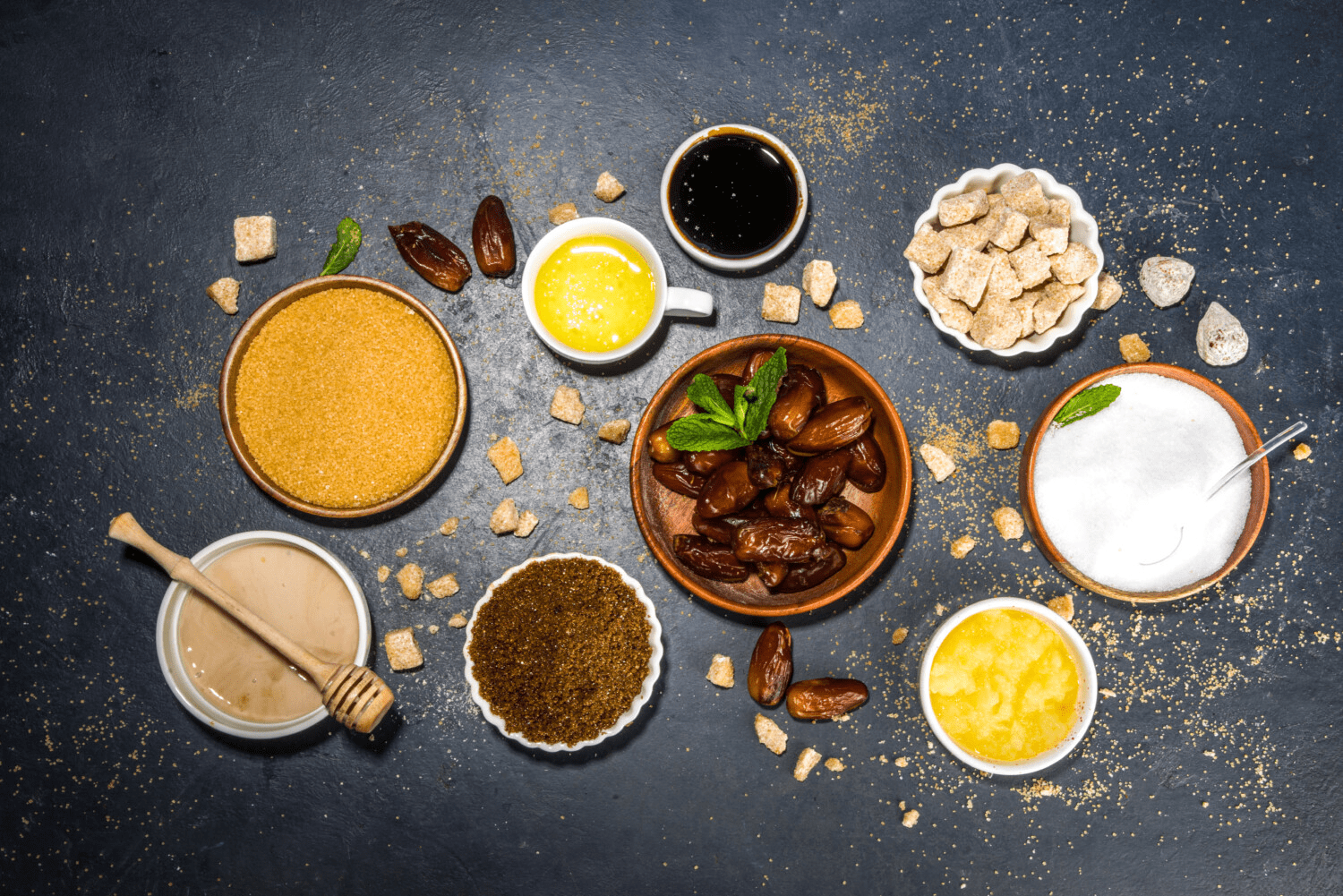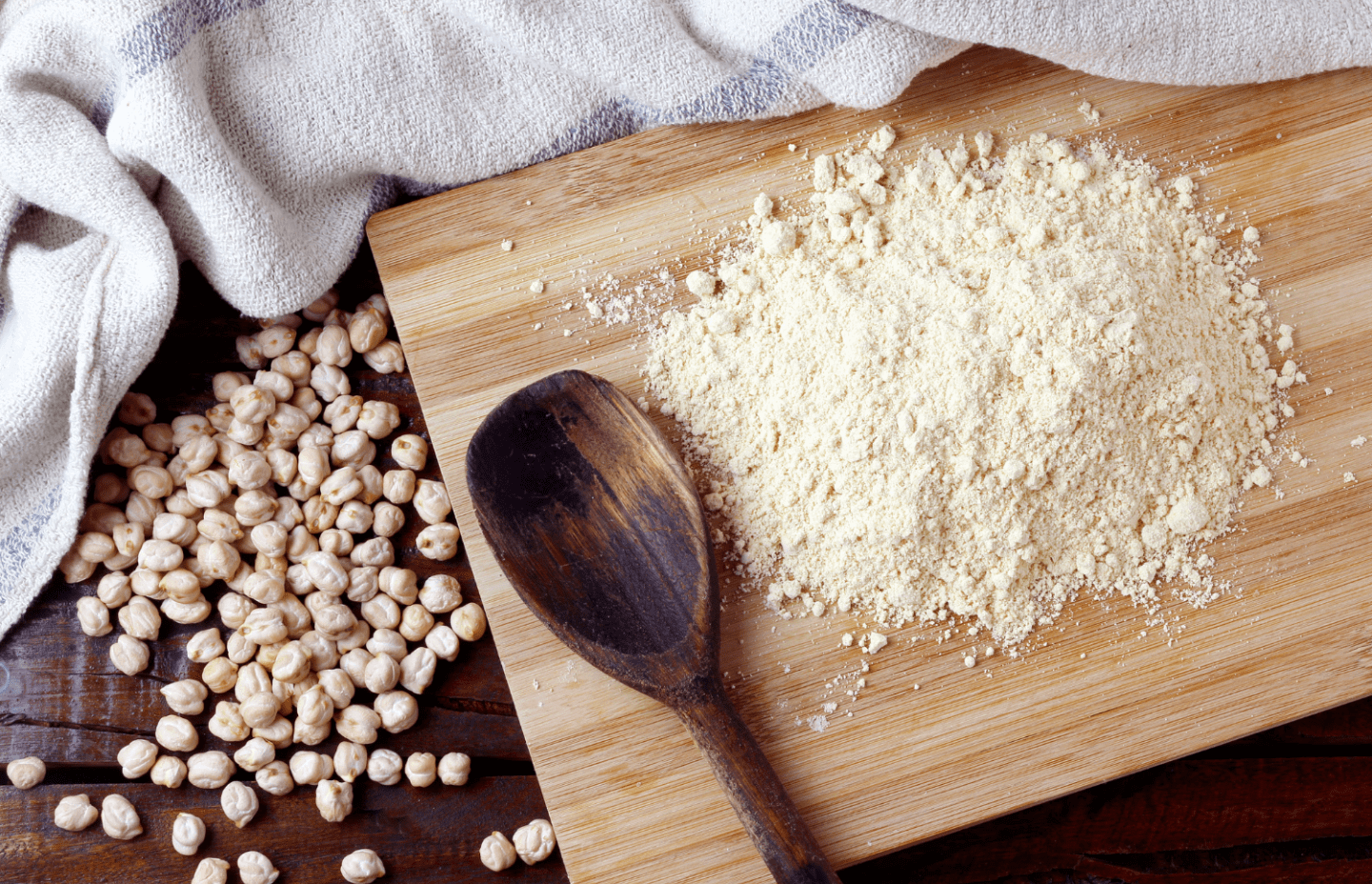
Blessed indeed are those of us who do not have a sweet tooth, a rarity indeed. But for the rest of us who love to indulge in desserts anytime, there can be a workaround in the form of natural sugar substitutes. The good news? These are packed with benefits too. Let us get to that in just a little bit.
Before everything-
What are sugar substitutes?
Refined white sugar has been linked to serious ailments such as diabetes, obesity, and heart diseases. Now is it easy to wipe it off one’s diet? Practically no. Natural sugar alternatives with lower fructose and calorie levels such as xylitol, stevia, coconut sugar, honey, and jaggery can still be used to sweeten your favorite dessert.
Dangers of using artificial sugar substitutes-
Artificial sweetener molecules are similar to the regular sugar molecules that latch on to our sweetness sensory receptor. Since they are generally too different from sugar; our bodies cannot break them down into calories causing us to eat more, gain weight and make it difficult to digest the real sugar needed. Further, harmful chemicals used in food processing technology such as sulfur dioxide, phosphoric acid, and calcium hydroxide can be detrimental to one’s health.
Why opt for natural substitutes like Honey and Jaggery?
Natural sugar substitutes like organic jaggery powder or coconut sugar have a good dose of antioxidants, iron, calcium, and potassium. Coconut sugar is extracted from the sap of coconut palm and contains minerals like iron, zinc, calcium, and potassium. It also has a lower GCI than sugar. Natural Stevia sweeteners can lower blood pressure and blood sugar levels as well. The monk fruit sweetener contains a compound called mogroside is an antioxidant with anti-inflammatory properties. Honey has phenolic acids and flavonoids which also have anti-oxidant properties.
How do you make a sugar substitute work for you?
Well, natural, pure, and organic sugar substitutes need to first be a constant in every pantry. Most baking recipes can include jaggery, and maple syrup in the place of sugar, one may also include whole fruits in bread, cakes, and brownies. Most Indian desserts work well with jaggery, coconut sugar, or honey. Dates are another great sugar alternative. Use date paste in marinades, sweet sauces, and baking as well. Dates are rich in fiber, minerals, and vitamins.
Now what is ideal is sticking to moderation. Replacing white sugar in your diet is indeed a strong step in the right direction but certainly, it needs to be followed by some don’ts. Stay away from aerated drinks and colas, since these have the highest sugar levels. Choose to munch a whole fruit as against a juice. Avoid any sweetener for your beverages. Store-bought baked goods are also high in sugar. Stay away from them. Now, none of this means that you should not have anything sweet. Balancing what you crave with something wholesome and healthy yet satisfying your craving is not hard. You just need a little forethought before you grab that delicious-looking pastry or a gulab-jamun!







